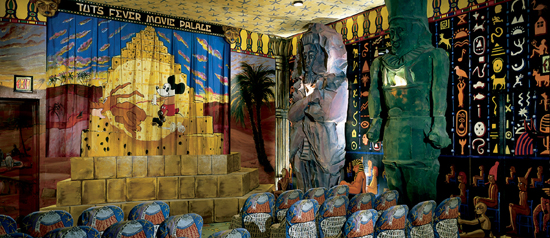
Tut’s Fever Movie Palace
Tut’s Fever is a working movie theater and art installation created by Red Grooms and Lysiane Luong, an homage to the ornate, exotic picture palaces of the 1920s
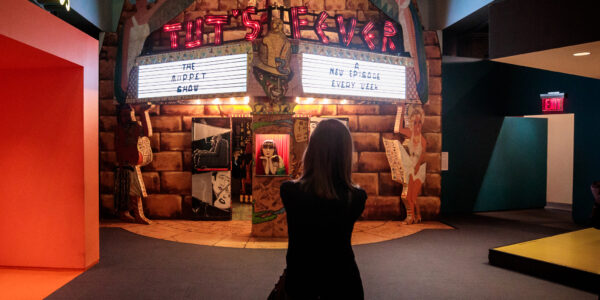
You can buy admission tickets online. Pick a date and time to visit the Museum. Timed-entry slots are released generally one-month prior. All sales are final and payments cannot be refunded.

Tut’s Fever is a working movie theater and art installation created by Red Grooms and Lysiane Luong, an homage to the ornate, exotic picture palaces of the 1920s
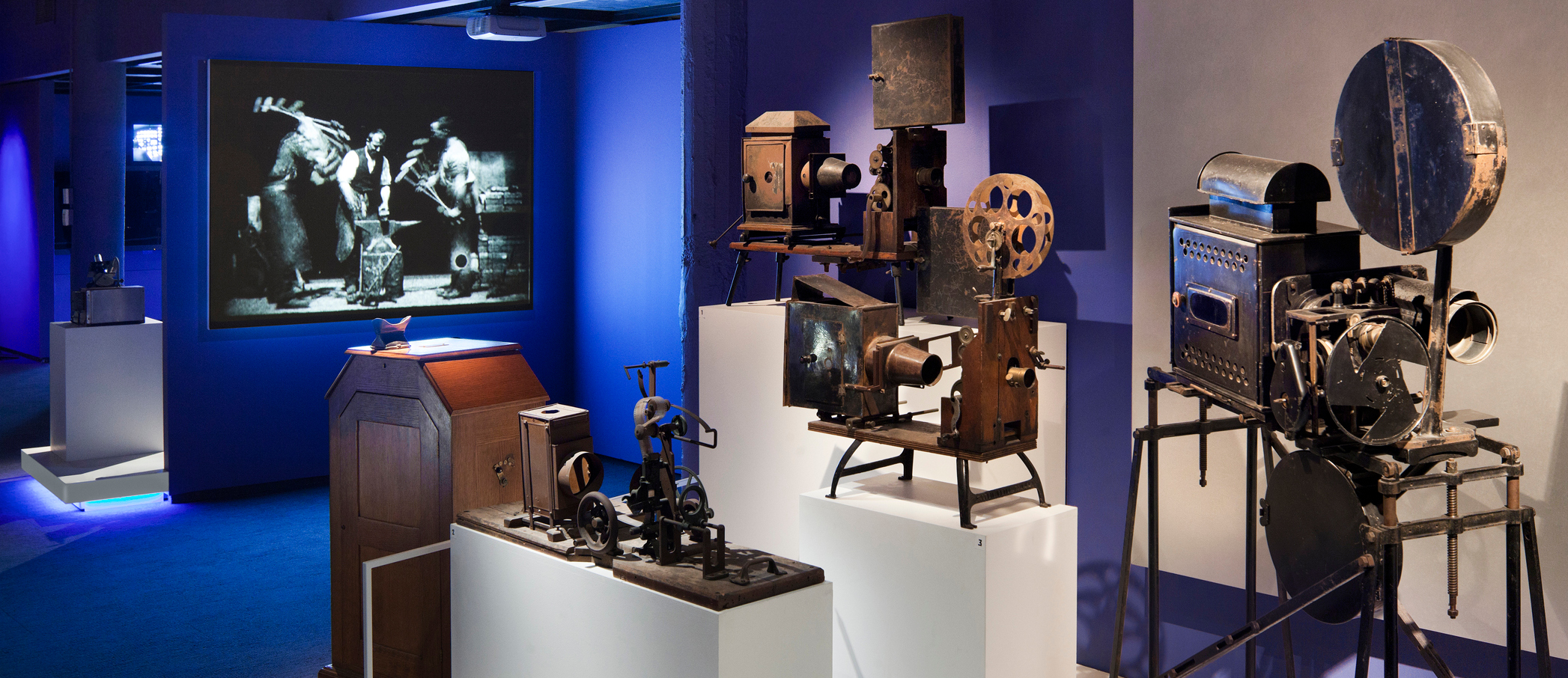
The Museum's core exhibition immerses visitors in the creative and technical process of producing, promoting, and presenting films, television shows, and digital entertainment.
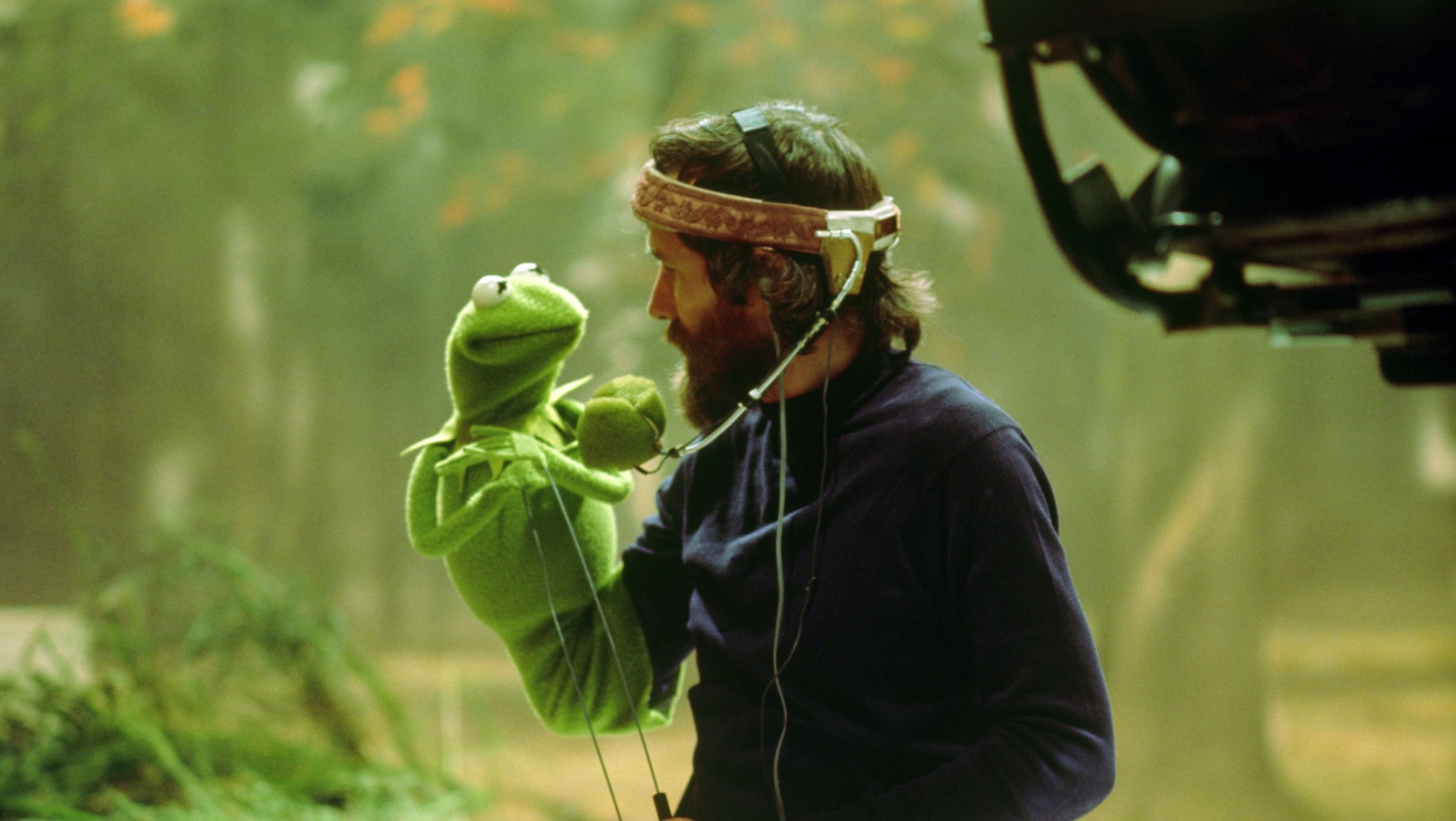
This dynamic experience explores Jim Henson’s groundbreaking work for film and television and his transformative impact on culture.
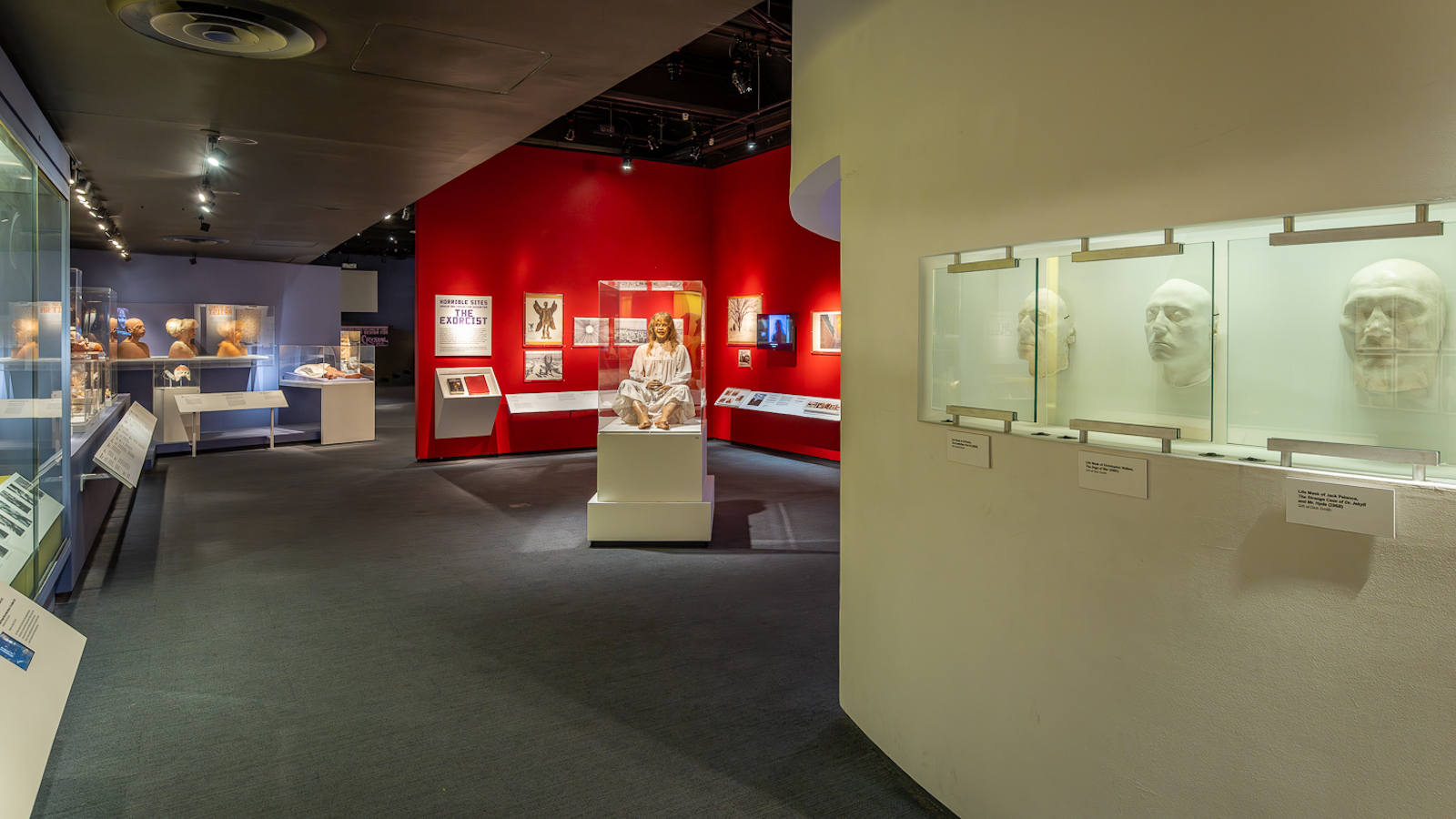
With material drawn from MoMI’s permanent collection, this exhibit explores the film’s production and makeup design, detailing how a stylish townhouse in Georgetown, Washington, D.C., and an innocent young girl were transformed into sites of horror.

On the occasion of Todd Haynes’s May December, MoMI presents an exhibit with materials from the archives of filmmaker Todd Haynes, now part of the Museum’s collection, offering a glimpse into his process of transforming historical and cultural referents into formally ambitious, richly emotional films.
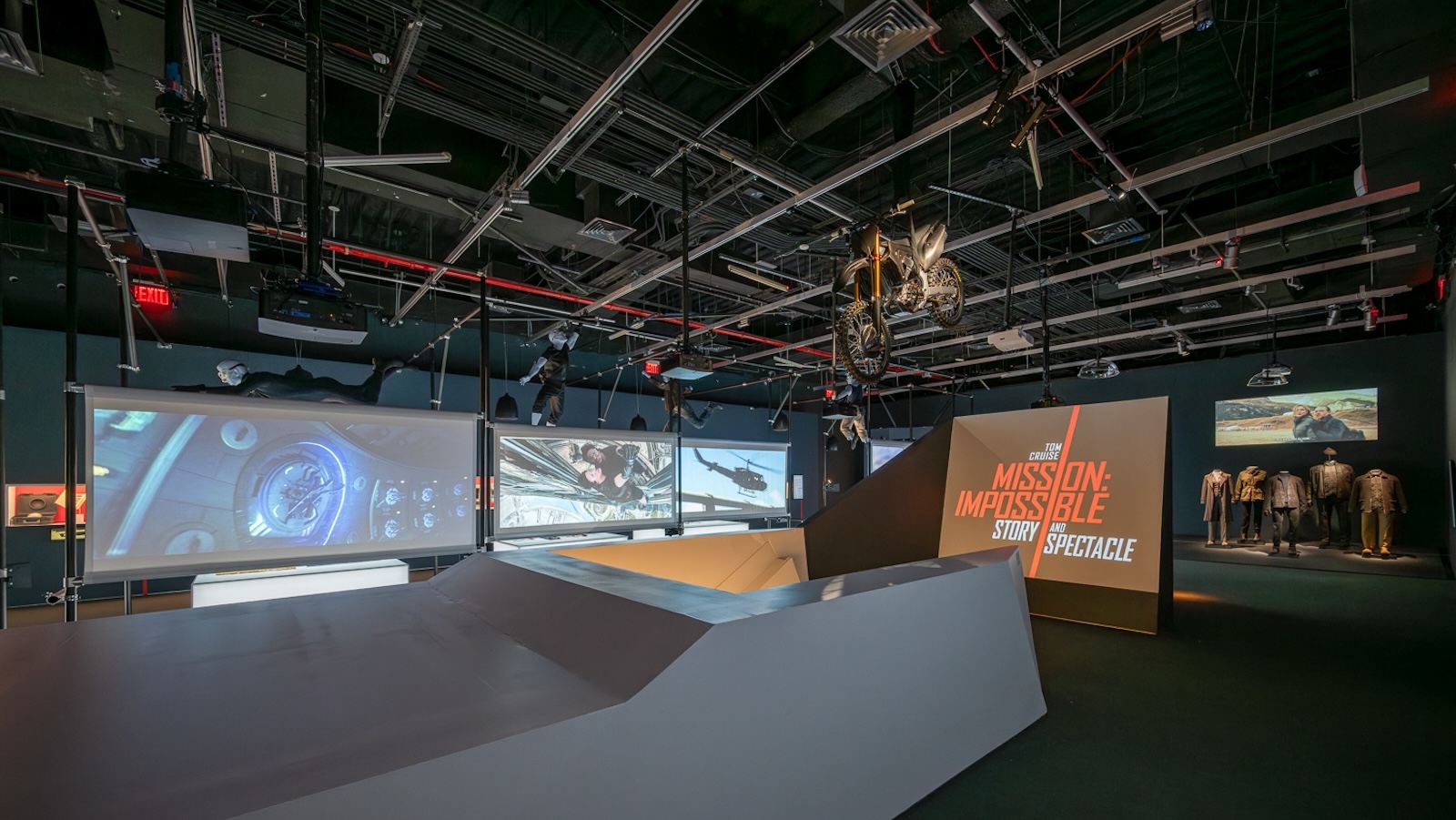
The exhibition spotlights star and producer Tom Cruise’s exceptional commitment to practical stunt work, and explores how the series combines technical ingenuity, personal discipline, and artistic commitment, all in service of storytelling, character development, and performance.

Just as a new Superman movie arrives in theaters, see newly restored Fleischer Studios Superman cartoons from the 1940s in Tut's Fever Movie Palace, located within our core exhibition, Behind the Screen.
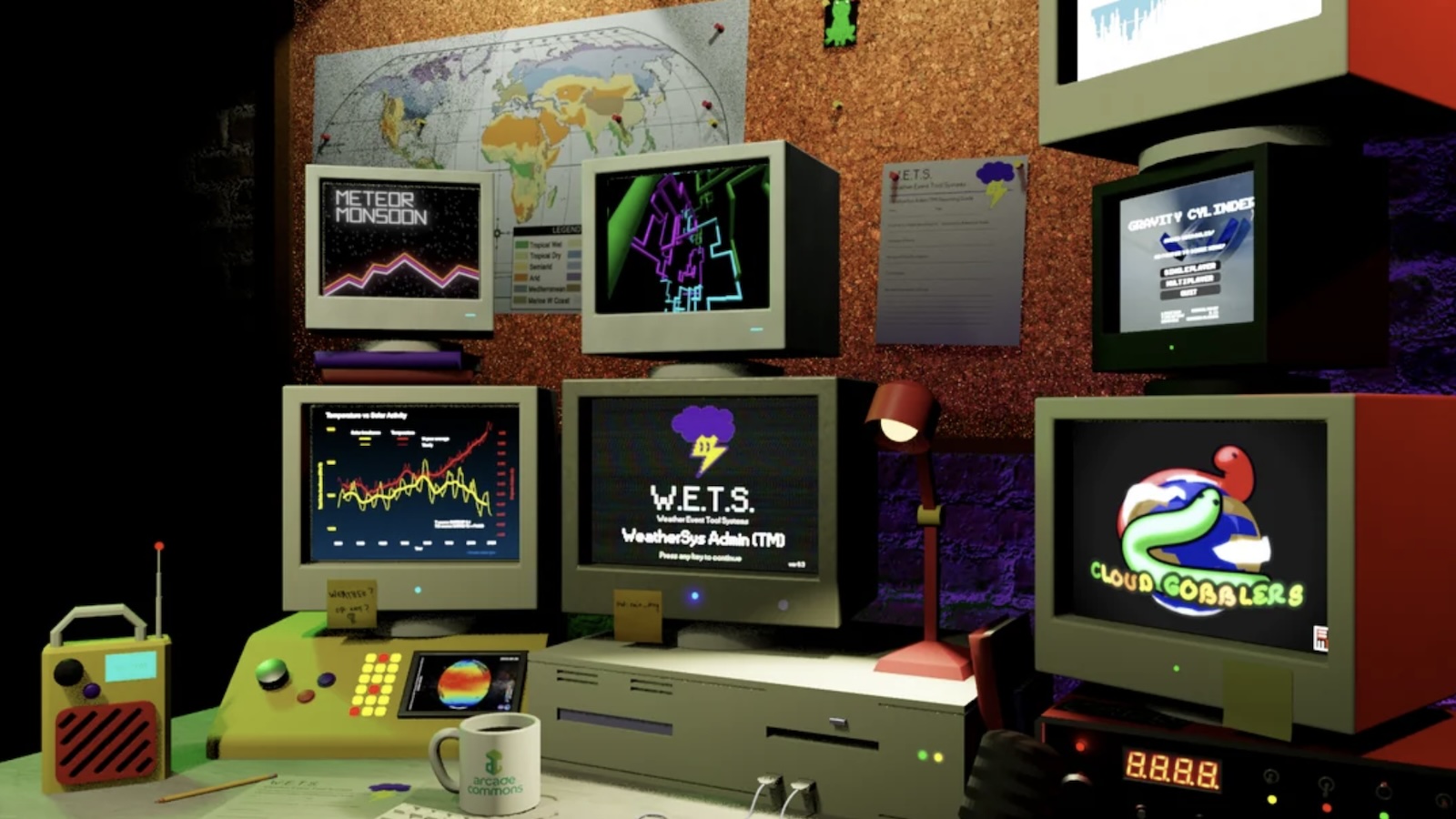
WeatherSys Admin is an interactive arcade cabinet that casts visitors as new hires at W.E.T.S. (Weather Event Tools Systems), a fictional non-governmental organization (NGO) tasked with responding to global ecological crises. Installed at a fictionalized weather response terminal, players are surrounded by CRT monitors, blinking buttons, and labeled inputs offering access to six distinct tools, each a self-contained video game.
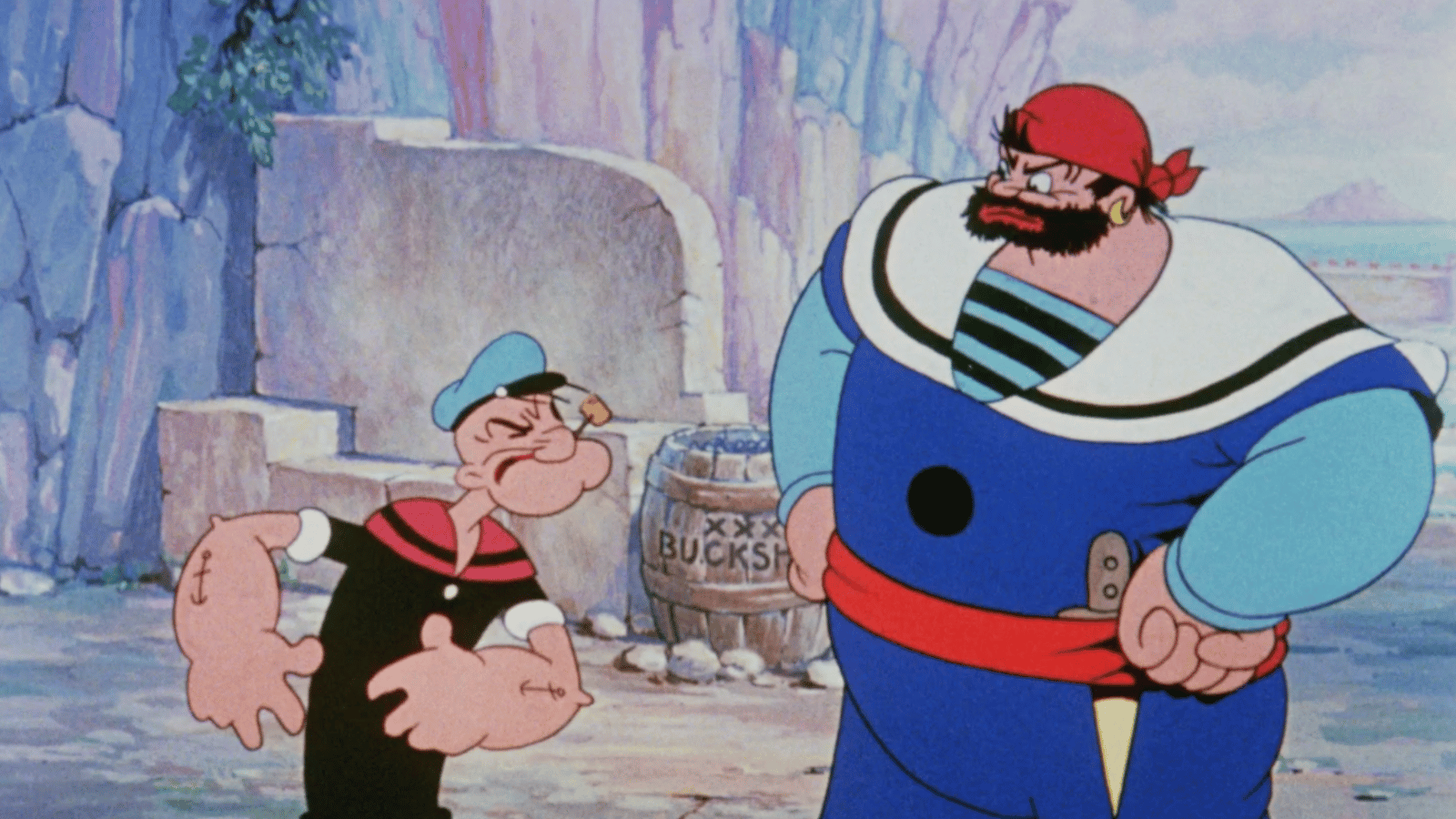
From the 1920s through the early 1940s, the Fleischer Studios' cartoon shorts were immensely successful, their popularity and cultural ubiquity rivaling those of Walt Disney. In 2022, spearheaded by Max Fleischer's granddaughter, Jane Fleischer Reid, a restoration effort began for the Fleischer Studios cartoons. This program includes Dizzy Dishes (1930), featuring the first appearance of a character who would come to be known as Betty Boop. Also on view are Somewhere in Dreamland (1936) and the classic Popeye the Sailor Meets Sindbad the Sailor (1936); both shot in Technicolor.
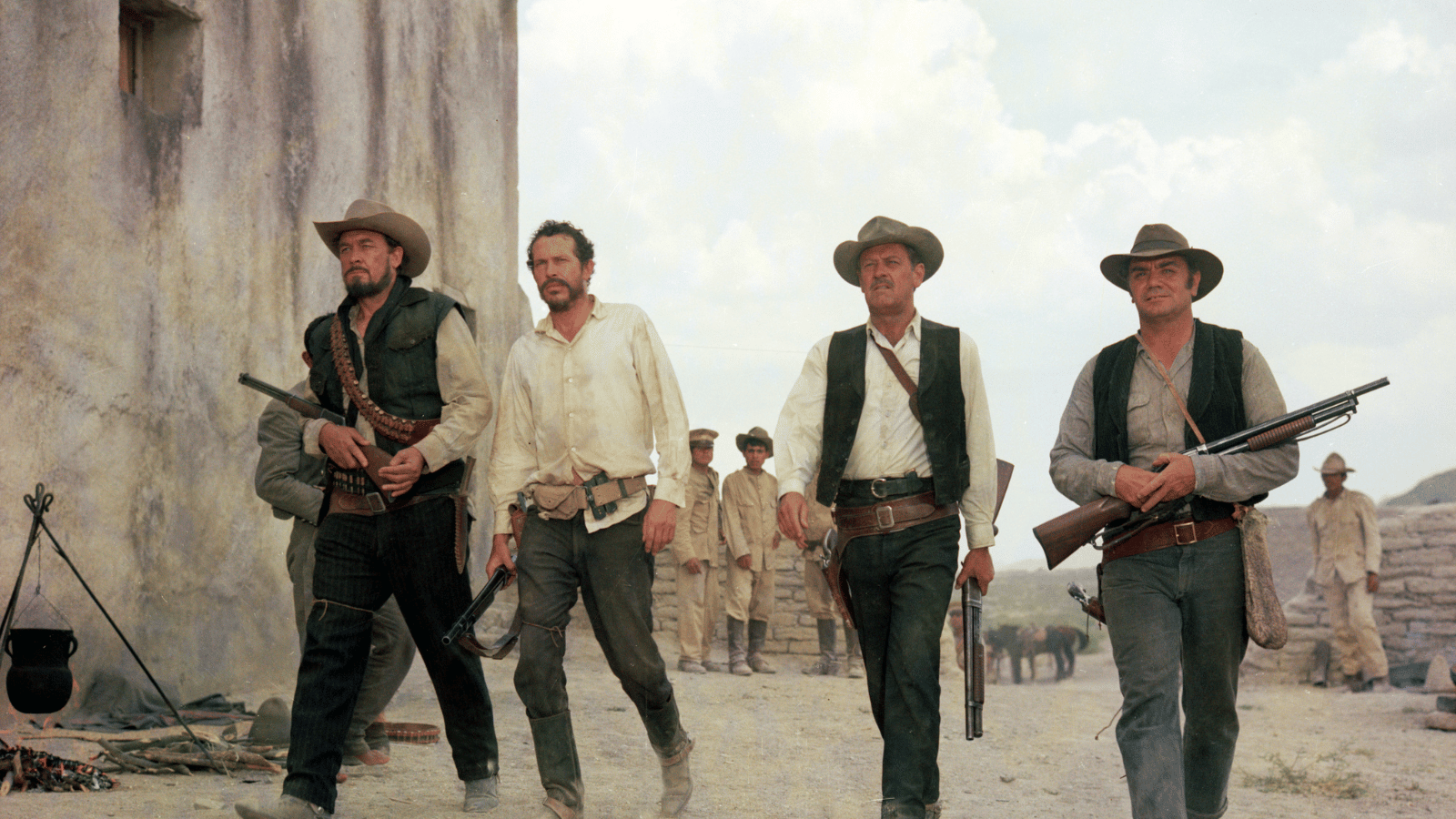
Peckinpah’s masterpiece is at once classical and revisionist, an exemplar of the very genre it so brilliantly subverts, building towards a famously violent climax that seemed to all but put a fork in the genre.
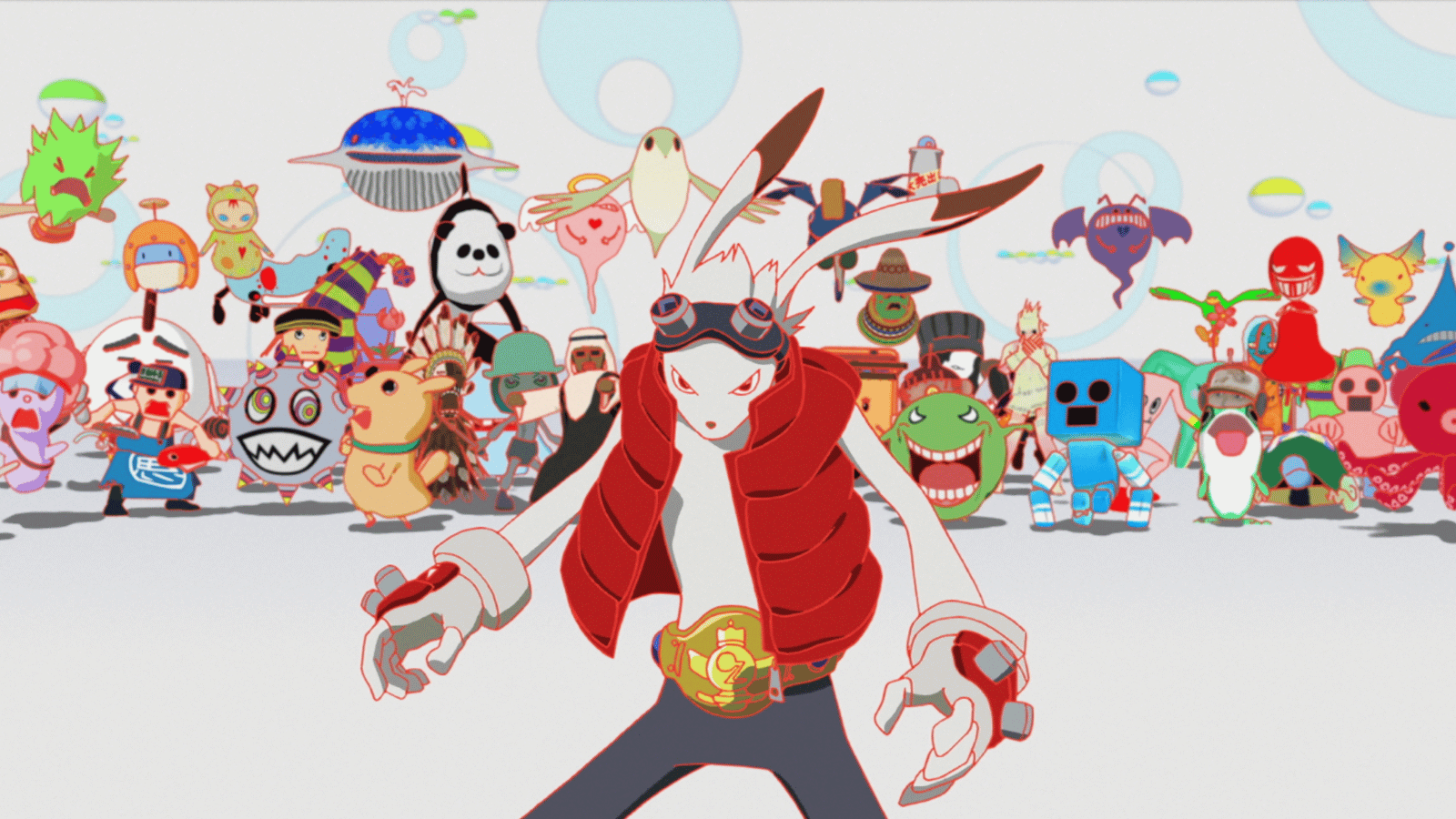
See a newly restored 2009 anime feature from Mamoru Hosoda, the Academy Award–nominated director of Belle and The Girl Who Leapt Through Time
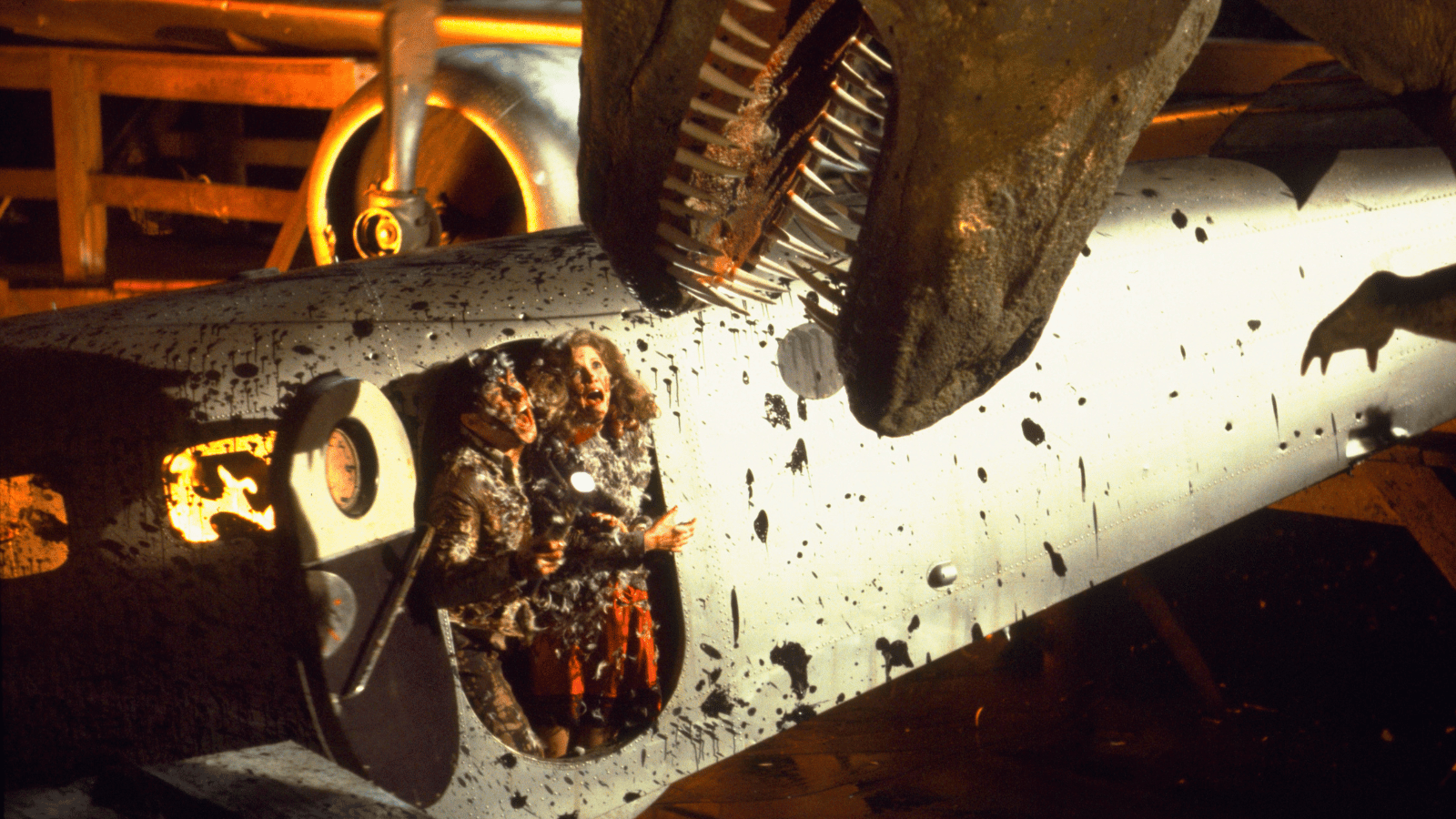
Critically dismissed at the time of its release, Spielberg’s grand folly is a lavish spectacle that has attracted a major cult following. A slapstick behemoth on a massive, budget-busting scale, 1941 charts the fictional pandemonium that ensues among a group of frenzied Los Angelenos after the attack on Pearl Harbor.
